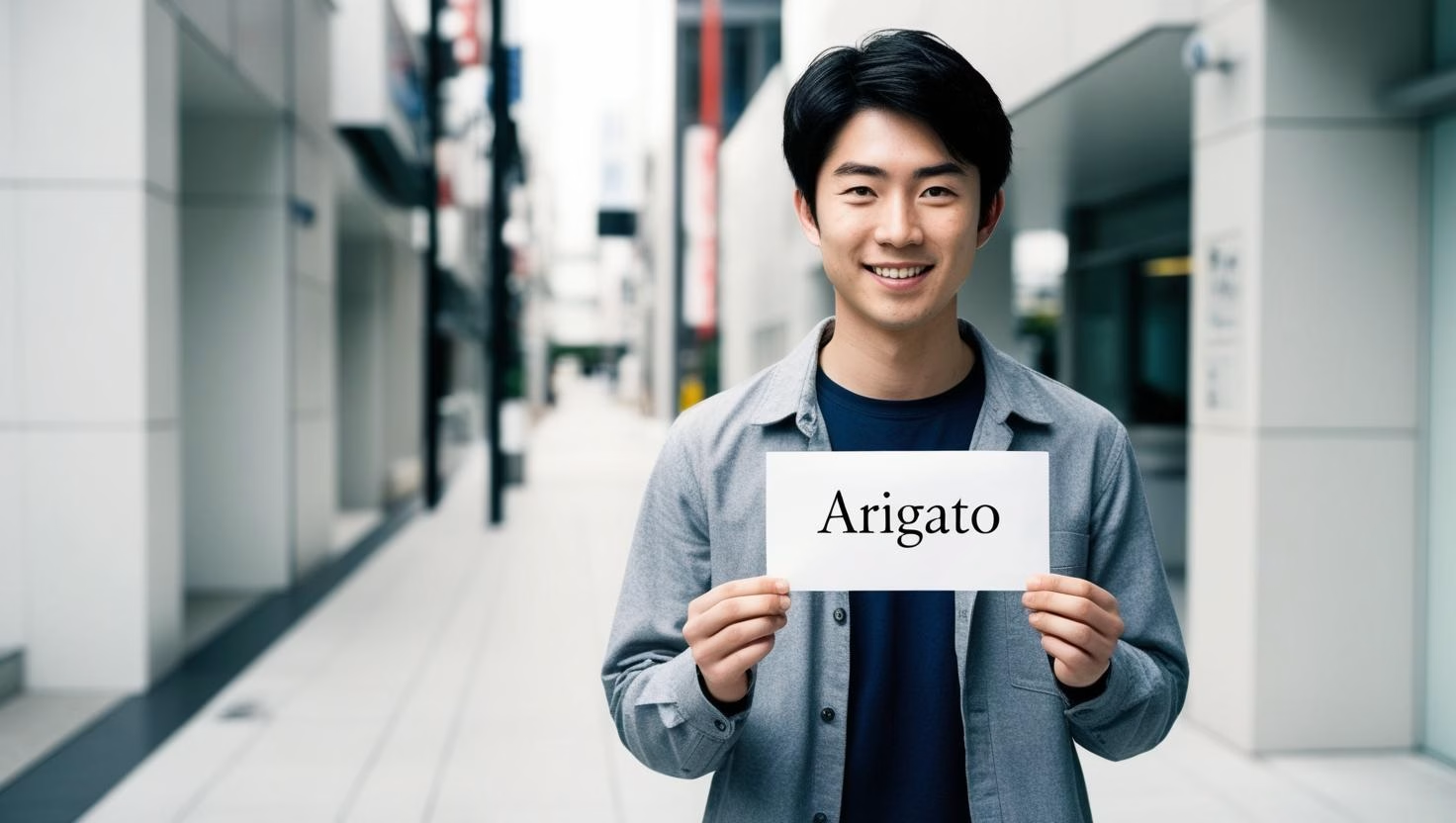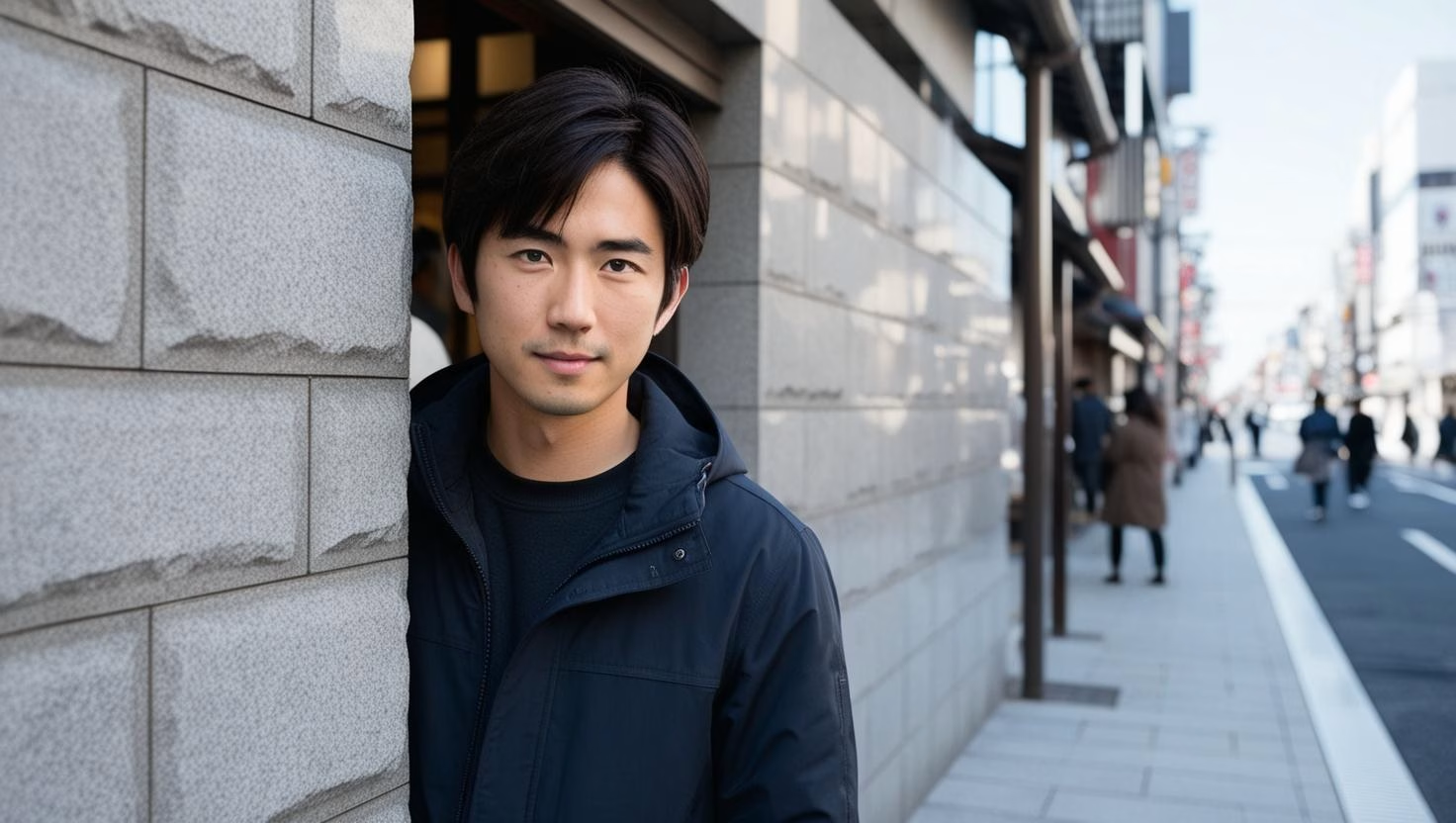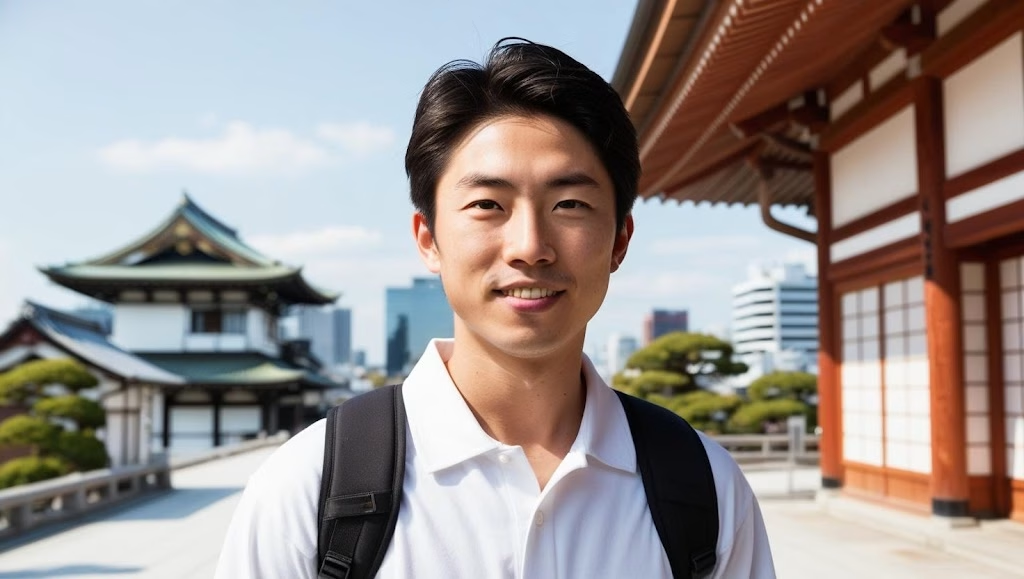In the era of globalization like today, foreign languages are very important, especially as an effort to connect with many people in the world. Not a few people are studying English and Japanese. What about the Japanese? What foreign language is widely studied?
Survey of Language Learning in Japan
Japan, a developed country with a rich and unique culture, has a high literacy rate and a great interest in foreign language learning. But which foreign language do they learn the most? The answer is not as simple as just one language. The popularity of foreign languages in Japan is influenced by various factors, including the economy, popular culture, tourism, and job opportunities.
In Duolingo’s annual Japanese Language Learning Survey, the top languages studied in Japan (allowing for multiple answers) were English (84.1%), Korean (25.0%), Chinese (12.5%), and French (6.0%). Let’s dive deeper into the four most commonly studied foreign languages in Japan: English, Korean, Chinese, and French.

English: King Without a Throne?
English seems to be a foreign language that many Japanese people learn. Moreover, English is a language that is widely used throughout the world. However, it seems that not many Japanese people can speak English.
In the survey report, it was stated that only 10% of Japanese people are confident in their English skills, and 80% are beginners. The top reason Japanese people want to learn English is to advance their careers (46.1%).
English tops the list as the most widely studied foreign language in Japan. This is not surprising, given the global dominance of English in business, science, technology, and entertainment. However, despite its popularity, Japanese people’s English proficiency is often criticized, especially in terms of their ability to speak and interact naturally.
The Japanese education system includes English lessons from an early age, but the teaching methods, which sometimes focus too much on grammar and exams, often hinder the development of effective communication skills. As a result, many Japanese people find it difficult to speak English fluently, even if they have sufficient knowledge of grammar.
English language skills remain in high demand, especially in multinational companies and the tourism industry. As a result, many Japanese people invest in additional English courses, private tutoring, and even exchange programs to improve their English skills. The popularity of technology-based English learning programs such as apps and online platforms is also growing, offering learners flexibility and ease of access. This shows that while English proficiency remains a challenge, improving English skills remains a top priority for many Japanese people.
Korean: Strong Hallyu Wave
Korean is widely studied by Japanese people due to South Korean popular culture. Some of the top reasons Japanese people study Korean are wanting to understand exactly what their favorite artists and celebrities are saying (57.6%) and wanting to understand foreign films and dramas exactly as they are spoken (45.1%). Therefore, many young people in Japan are studying Korean.
The popularity of South Korean culture, known as “Hallyu” (Korean Wave), has sparked a rapid increase in interest in learning Korean in Japan. Korean dramas, K-Pop, Korean movies, and Korean cuisine have captured the hearts of many Japanese people, prompting them to learn Korean in order to better enjoy and understand Korean culture.
In addition to cultural factors, job opportunities in Korean companies operating in Japan also increase the demand for Korean speakers. Many Japanese companies doing business with South Korea need employees who can communicate in Korean to facilitate business cooperation.
Unlike English learning which can sometimes feel heavy and formal, learning Korean is often considered more fun and accessible, thanks to the abundance of popular culture-oriented learning resources, such as K-Pop song lyrics, Korean drama subtitles, and interactive video tutorials. This makes learning Korean more interesting and motivating for learners.
Chinese: A Great Economic Gateway
Chinese is one of the most widely used languages in the world, especially with the spread of the Chinese population throughout the world. According to Mainichi Chuugokugo, the reasons why Japanese people learn Chinese are future opportunities and interest in Chinese culture and history. There is a high possibility that Japanese companies will need to learn Chinese in order to enter the Chinese market.
The strong economic ties between Japan and China make Chinese an important foreign language to learn. China is Japan's main trading partner, and many Japanese companies operating in China or doing business with Chinese companies require employees who can communicate in Mandarin.
Although Mandarin is considered difficult by many due to its unique writing system and the large number of characters to learn, the number of Japanese people learning Mandarin is increasing. This is driven by promising career prospects in Chinese-related companies, both in Japan and China.
In addition, interest in Chinese culture has also contributed to the increase in the number of Mandarin learners. However, learning Mandarin often requires more commitment and perseverance than Korean or even English.
French: Cultural Charm and Diplomacy
French is one of the languages studied by Japanese people. According to Tamausagi @ Nichidai Tsuushin, the reason is Tourism. The city of Paris, France is visited by many tourists from Japan every year. In addition, he said there are many Japanese people living in Paris, around more than 15,000 people. Learning French is also useful for Japanese artists when talking to French people.
French, while not as popular as English, Korean, or Chinese in Japan, still has a place in the world of foreign language learning. France's cultural prestige, rich history, and role in international diplomacy attract some Japanese to study it.
Many Japanese are interested in French fashion, art, and cuisine, which are major attractions in learning French. In addition, mastering French can open up job opportunities in diplomacy, tourism, and French-related industries.
Although the number of French learners is not as large as the other languages we have discussed, interest in French is still there and consistent, albeit more niche than the more popular languages. Learning French is often associated with the aesthetic taste and elegance of French culture.
Conclusion
The choice of foreign languages studied by Japanese people is very diverse and influenced by various factors. English remains the most widely studied foreign language due to its importance in the global world. However, the increasing popularity of Korean culture and the importance of economic relations with China have led to an increase in the number of Korean and Mandarin language learners. Meanwhile, French maintains its place as a language studied by those interested in French culture and diplomacy.
These four languages demonstrate the diversity of Japanese people’s interests and needs in learning foreign languages, reflecting Japan’s complex relationship with the international world. Each language has its own appeal and opportunities, demonstrating that the choice of foreign language to learn is not about the superiority of one language over another, but about individual needs and interests as well as global developments.
Thus the discussion about foreign languages that are widely studied by Japanese people. Are you interested in learning a foreign language?
















